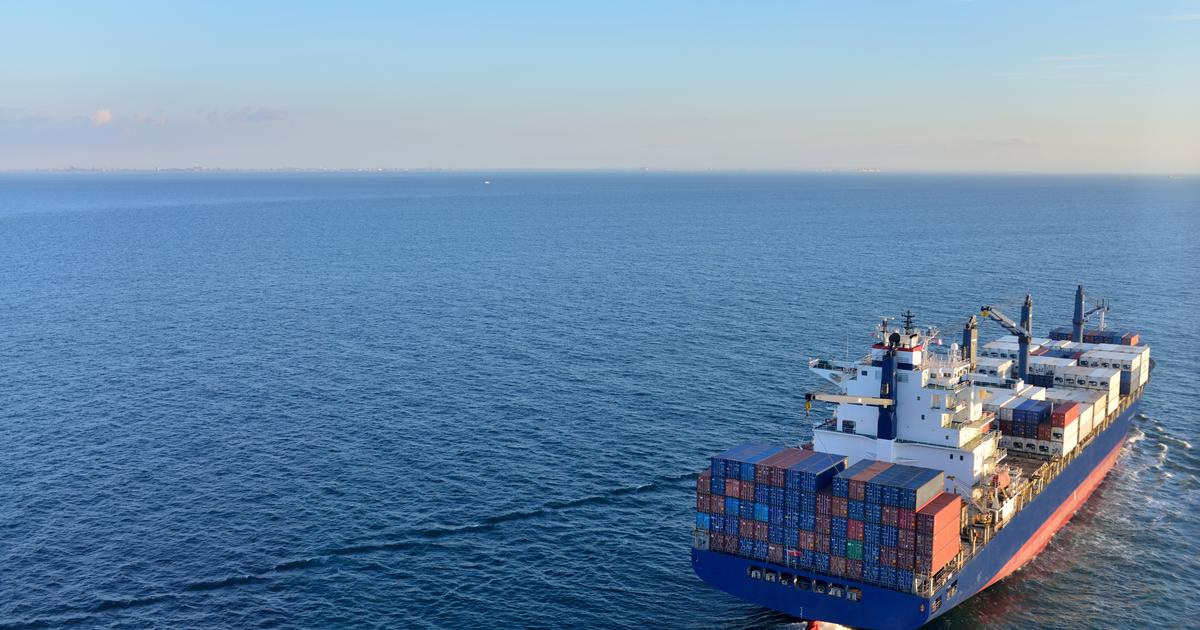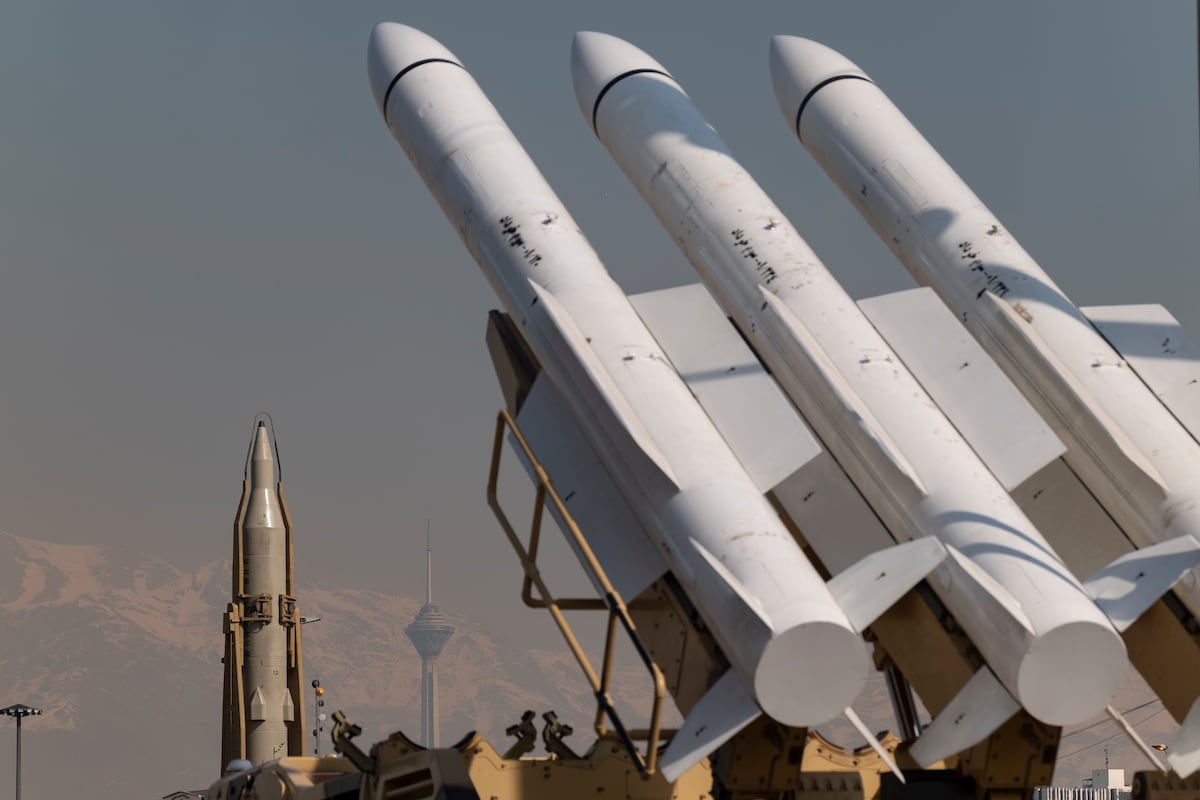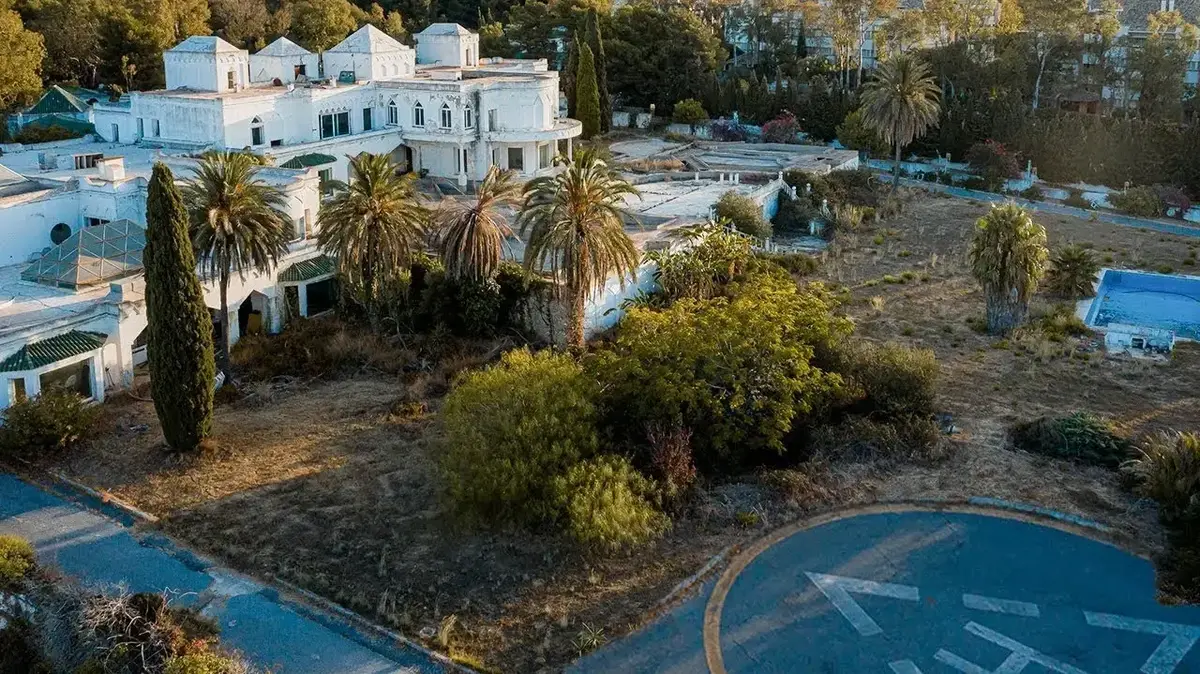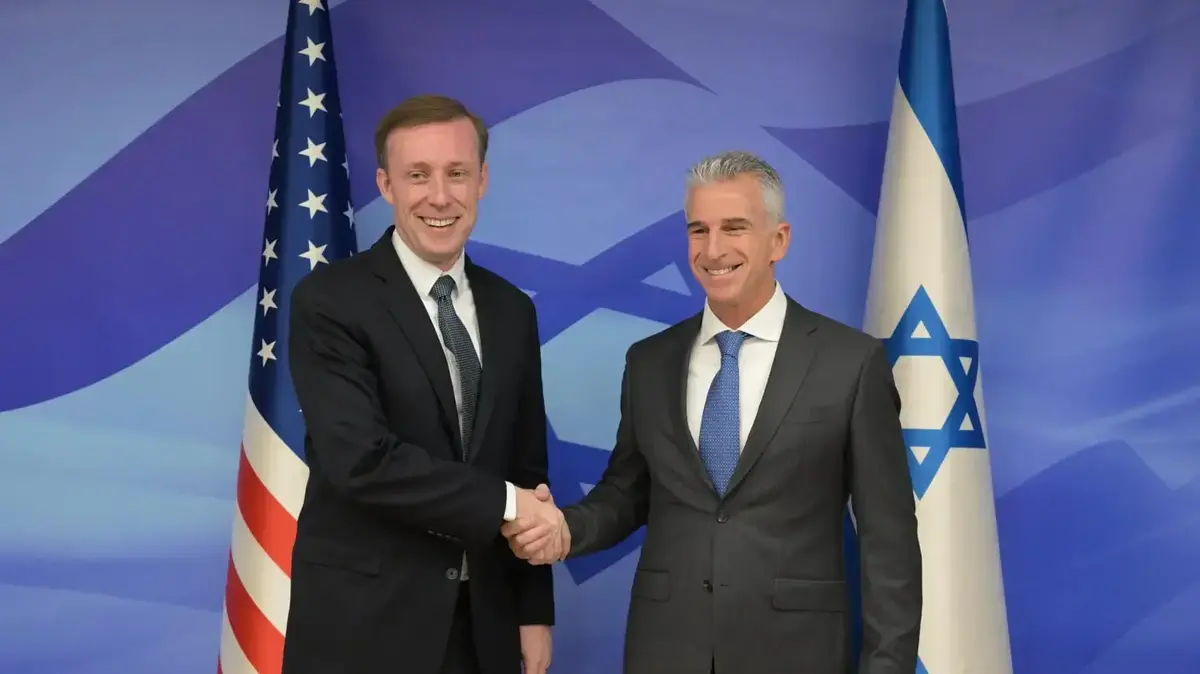- Click to share on Facebook (Opens in a new window)
- Click to share on Twitter (Opens in a new window)
- Click here to share on LinkedIn (Opens in a new window)
- Click to email a friend (Opens in a new window)
(CNN) - After this weekend's attacks on the world's largest oil processing plant, the questions are simple: who did it, from where and what will be the answer?
But, in the middle of a series of mixed signals, the answers are not so simple.
The drum roll to hold Iran accountable is getting stronger, and what happens next will have a profound influence on the future of an entire region.
The US Secretary of State The US, Mike Pompeo, had no doubts on Saturday about who had carried out the attacks against the Abqaiq plant and a Saudi oil field, taking out 5.7 million barrels per day of production. "Iran has launched an unprecedented attack against the world's energy supply," he tweeted.
Hours after the Houthi rebels in Yemen took responsibility for the attacks, Pompeo replied: "There is no evidence that the attacks came from Yemen."
Iran predictably rejected Pompeo's accusation.
The president of the United States, Donald Trump, was belligerent, but less conclusive. He tweeted on Sunday that the United States was "loaded and ready depending on the verification," suggesting a military response, but referred to Saudi Arabia to identify the culprits. Then, on Monday, he leaned down to blame Iran and tweeted: “They say they had nothing to do with the attack on Saudi Arabia. We'll see?"
On Sunday night, US officials posted satellite images that indicated that the attack had come from the north, Yemen is south of Saudi Arabia, and that there were 17 impact points in Abqaiq, seven more than the number of drones that the Houthis They claimed to have sent. They raised the possibility of a mixture of drones and missiles being launched from Iran itself or southern Iraq, where Iran's i-al-Quds force has a substantial presence.
MIRA : The price of oil increases after the attack on oil fields in Saudi Arabia
On Monday, another US official said the attacks did not originate in Iraq. The Iraqi government is desperately trying not to choose sides in the growing confrontation between the United States and Iran, and has vehemently denied that its territory could have been used to launch the attacks.
After consulting their lawyers over the weekend, the Saudis said Monday that the attacks were not caused by the Houthis or launched from Yemen, but failed to suggest where they had been launched.
"All the practical tests and indicators and the weapons used in both attacks preliminary show that these are Iranian weapons," said Saudi Arabia-led coalition spokesman Lt. Col. Turki al-Malki, without providing details about the weapons.
That leaves us with many negative aspects, and not much in the way of a "positive identification".
Tipping point for American-Iranian strife?
Much will depend on whether the US intelligence agencies. UU., Working with the Saudis, can discover conclusive evidence that indicates the source of the attack.
If the evidence supports Pompeo's analysis that this is the property and operation of Iran, it is difficult to imagine that there will be no reprisals against Iran. The sophistication and severity of the attack would be a radical change in harassment of oil tankers and the occasional demolition of drones in the Gulf: this eliminated 5% of world oil production in minutes.
The various scenarios are complicated both by the unpredictability of the White House and by the opaque decision-making processes in Iran.
In June, the United States was just minutes away from an attack on places in Iran belonging to the Iranian Revolutionary Guards Corps (IRGC) before Trump canceled them.
On Monday, Vice President Cabinet Chief Mike Pence suggested that Trump's “loaded and ready” comment a few hours earlier did not necessarily imply a military response.
LOOK : Trump assesses US response to attack in Saudi Arabia
Last week, Pompeo said Trump would be willing to meet with Iranian President Hassan Rouhani "without preconditions," something the president himself had said in June. Trump then contradicted both his secretary of state and himself, while blaming the media.
LOOK : Hassan Rouhani: "Raise the sanctions and bow your head in a sign of respect"
It is difficult to assess which is Trump's red line with Iran; he is reluctant to foreign entanglements, considering them as costly distractions to put "the United States first." John Bolton, perhaps his most aggressive advisor on Iran, has just left the White House.
Ian Bremmer, founder of the geopolitical consulting firm Eurasia Group, notes that "the extraordinary diversity of the main advisers, in their experience, temperament and ideology" (and perhaps their rotation) makes reading the administration's intentions an occupation dangerous.
However, at some point, the concept of deterrence must be armed to mean something. The Washington Institute noted in July that, “so far, there has been no response to Iran's provocations; Although President Trump is right in wanting to avoid war, there are many options in the spectrum between war and inaction. ”
The Gulf of the United States allies want assurances that the United States supports them; So far, a summer of escalation, whether by Iran or its representatives, has not generated a response beyond a tightening of US sanctions.
It is also a challenge to discern Iran's tactics. The intransigent in the IRGC, the more moderate elements in the Rouhani Government and religious leadership are part of an impenetrable decision-making process. Some analysts wonder if the IRGC carried out this operation to ensure that any possibility of dialogue is canceled; others believe that such a drastic escalation would have required consensus in Tehran.
But if Iran is involved in the attack, the moment, days before President Rouhani goes to the UN General Assembly in New York, will not help him project an image of wounded innocence.
Dangerous crossroads
A military response to the attacks would almost certainly interrupt and perhaps even destroy the hard work, led by France, so that Iran will again fulfill the nuclear agreement in exchange for relief from the crippling US sanctions. The French have been proposing a credit line of $ 15 billion for Tehran, but they want the acquiescence of Washington. President Trump seemed to sympathize with the idea, but other administration officials have resisted.
A retaliation larger than a symbolic coup (think of Syria 2016) would boost the nuclear agreement, the JCPOA, one step closer to the collapse, 16 months after Trump withdrew the United States from the agreement.
READ : USA accuses Iran of attacks against Saudi oil fields
Then, the region is at a dangerous crossroads, where retaliation could lead to rapid escalation. Martin Griffiths, UN special envoy for Yemen, says: "We can be sure of one thing, and this very serious incident increases the chances of a regional conflict."
While there may be many uncertainties, the resistance of Iran's regional policy is not one of them. It has been decades and billions in search of what he calls "absolute security" by expanding his influence from Lebanon to Yemen, challenging the role of the United States in the region and confronting the Sunni powers of the Arab world.
As the Soufan Center, a non-profit global security group, wrote in May: “Iran's regional tactics are difficult to interrupt with US or even global sanctions, to the extent that Iran's efforts are economic and involve working with partners that have established support bases in the countries where they operate. ”
Those partners include Houthis, Hezbollah in Lebanon and Shiite militia in Iraq. Hezbollah leader Sheikh Hassan Nasrallah said in June: “The United States knows well that any war against Iran will not be limited to the borders of Iran. The whole region will burn. ”
These groups are Iran's insurance, spread over thousands of kilometers.
The long-term enigma of how to contain and even reverse these ambitions will persist long after the smoke has disappeared from Abqaiq.
Ryan Browne, Ghazi Balkiz and Nada Altaher of CNN contributed to this report.
Petroleum








